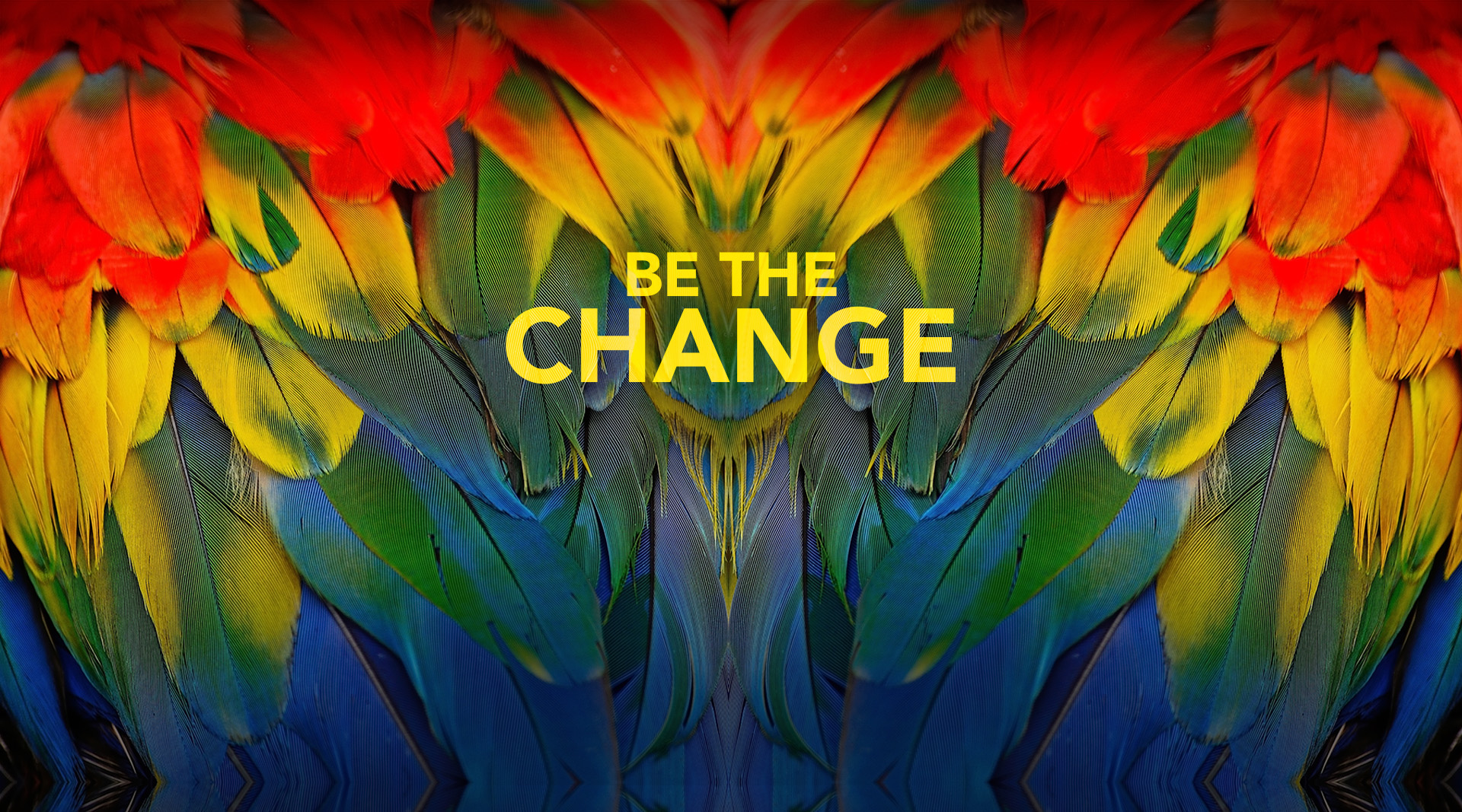Allies Always
By choosing products that are free from wildlife, you can help safeguard their future. Whether
shopping, traveling, or gathering with friends, your choices make a real difference for people,
wildlife, and the planet we all share. By thinking like allies always, and questioning the origin of
products before making purchases, we can save the world’s wildlife together.
Allies always shop smart.
Allies always travel mindfully.
Allies always advocate for wildlife.
Shop Smart
Just because an item is for sale, doesn’t mean it's a legal purchase. And even if an item appears harmless, that may not always be the case.
You can shop smart by avoiding these types of items:
- Elephant: ivory (both raw and carved), jewelry, art, leather, trinkets, etc.
- Sea turtle: turtle shell accessories, food made from meat or eggs, and clothing or accessories made from leathers or skin
- Tiger: furs, accessories, and medicinal substances
- Rhino: medicinal substances, jewelry, housewares, and souvenirs
- Other medicinal substances made from leopard, Asiatic black bear, musk deer, and other wildlife
To ensure that a purchase is legal, and free from wildlife parts, you can ask:
- What is this item made of?
- Where did it come from?
Legitimate sellers should be able to provide transparent and specific information about the origins of their products.
Other items to carefully question include:
- Reptile leather products: certain leather products made from caiman, crocodiles, lizards, and snakes may be prohibited.
- Coral and shells: Some countries limit the collection, sale, import, and export of live coral, coral products, and shells.
- Wild bird feathers: typically require permits to purchase legally.
- Furs: consumers may not import skins or items made of fur from most wild cats.
- Wool: Certain shawls are woven with hair of the protected Tibetan antelope.
- Timber: illegal wood is imported to satisfy demand for wood flooring, sometimes finding
its way onto the shelves of common retailers.
Shopping smart also means carefully considering what type of pet your family might care for. Exotic pets such as reptiles, fish, wild cats, and birds may have been obtained through illegal wildlife trafficking, putting unsustainable pressure on native populations. Know the regulations for pet ownership in your state and ask where pets came from before welcoming them to your family.
Travel Mindfully
If traveling overseas, it’s also smart to ask:
- Does this country allow the sale and export of these items?
- Do I need permits or other documents from this country or the US to bring my item home legally?
The following items are generally not allowed to be brought into the US:
- Sea turtle and pangolin products
- Ivory (both raw and carved)
- Fur from most spotted cats and tigers, seals, polar bears, and sea otters
- Live monkeys or apes
- Most live birds
- Wild bird feathers and mounted birds
- Medicinal substances made from rhino, tiger, or Asiatic black bear
Plus, the following items may also be prohibited from US import:
- Some live reptiles
- Certain leather products made from reptiles
- Some corals and shells
- Certain plants like orchids, cacti, and cycads
Wildlife products, especially those that are unique or representative of a local area, are often marketed as souvenirs to tourists. Stay mindful of these practices while traveling in-country and when abroad. To learn more, view this helpful resource from our partners and consider downloading the Wildlife Witness app to report any suspected wildlife trafficking while abroad.
Advocate for Wildlife
One of the best ways you can protect wildlife is by advocating for them. You can pledge HERE your dedication to wildlife, support policies that protect wildlife and their native habitats, report suspected wildlife trafficking, and encourage others to do the same. By speaking up together, we can save wildlife around the world.

